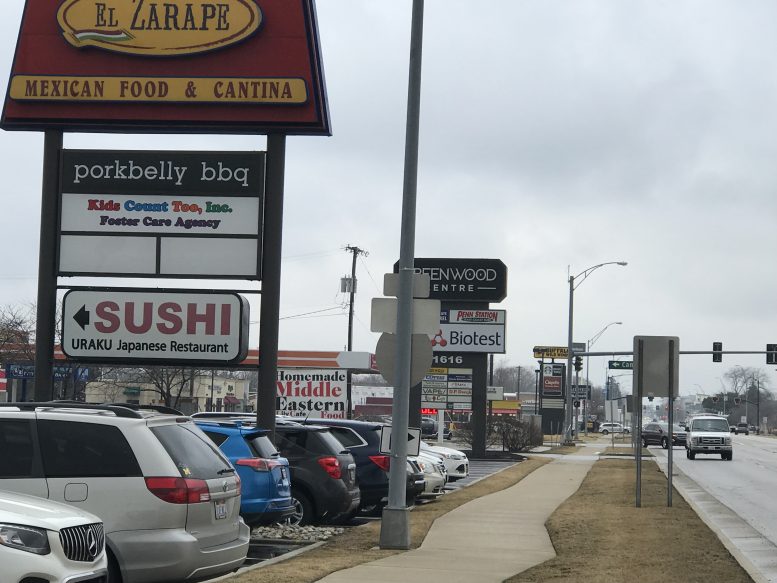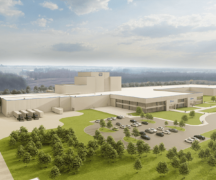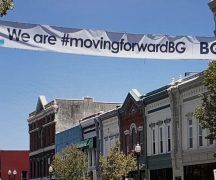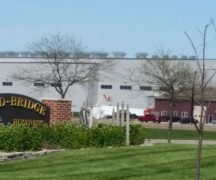By JAN LARSON McLAUGHLIN
BG Independent News
Bowling Green officials would like to put a rumor to rest. No, the city does not turn away chain restaurants in deference to local eateries. The city does not reject opportunities for economic development – period.
The suburban myth started circulating again earlier this month, when the city planning commission discussed zoning that would allow a chain restaurant to locate on vacant property on East Wooster Street.
That started comments spinning on Facebook about the city refusing restaurants like Applebee’s.
“That rumor has been here forever,” said Heather Sayler, the city’s planning director. “I have no idea where that comes from.”
“That would be illegal,” to deny zoning based on non-local ownership, she said.
The same goes for prospective industry – again subject to rumors that the city rejects some manufacturers wanting to locate in Bowling Green.
“Absolutely not,” Sayler said.
The Toledo and Findlay areas attract bigger restaurants and retailers because they have bigger customer bases, Sayler said about why Bowling Green might lose out to those neighboring cities.
“They have a certain economic development formula they use,” to determine where they should build next, she said. The formula takes into consideration factors like household incomes, age and education, as well as traffic counts.
Bowling Green Economic Development Executive Director Kati Thompson said the proximity to bigger metropolitan areas affects this city.
“For commercial businesses, it’s entirely about the numbers,” she said.
Thompson also refuted rumors that Bowling Green turns away some retail and industrial businesses.
“We have never turned a business away,” she said. “We have never turned away an industrial user. They are going to pick the best location for their needs.”
Thompson said she has often heard residents discuss Bowling Green’s history of turning away restaurants, retailers and industry.
“Many years ago, I may have accepted those discussions as truth without much thought. However, being engaged in community initiatives and economic development has opened my eyes to the facts surrounding attraction and site selection efforts,” she said.
“Ultimately, businesses will choose to locate wherever their market research shows that they can be profitable. Location and demographics are everything — specifically for restaurants and retailers,” Thompson said.
In addition, a critical factor that is often underestimated is purchasing the property itself. The city has no control over the sale of private property, Thompson stressed.
But the bottom line is – BG doesn’t turn away investment, she said.
“We work with companies and site selection agencies on a weekly basis. We are asked for utility and capacity information, incentive opportunities, workforce availability, the demographics of our city, and much more. We supply information and build relationships for any potential opportunity,” Thompson said.
“In the end, we win some and lose some. Based on my experience, in every instance that we lose an opportunity, it is for some reason outside of our control,” she said. “I don’t find this discouraging. Instead, I look forward to continuing to evaluate our community, our needs, and seek to sell the many benefits of Bowling Green for industrial and commercial investment.”
Back to the topic of Applebee’s … the restaurant did file for a zoning variance in 2016, to allow for more parking spots at a potential location on South Main Street. A month later, before the city met to discuss the variance, the restaurant’s request was pulled.
The city had been working with the restaurant to find a location, and was not told the reason for the request being withdrawn.





